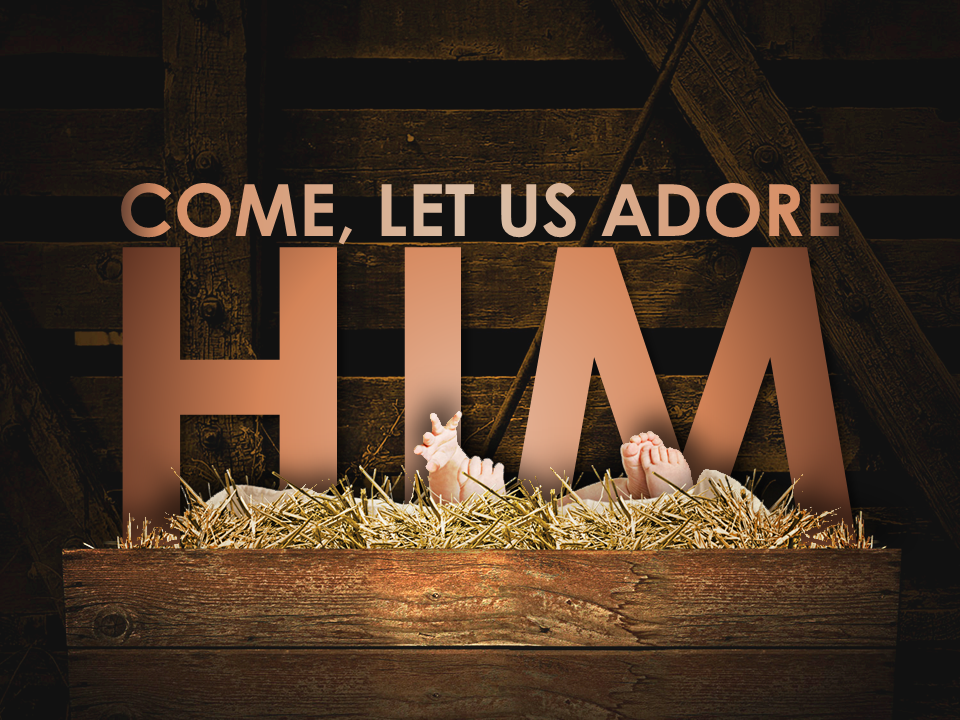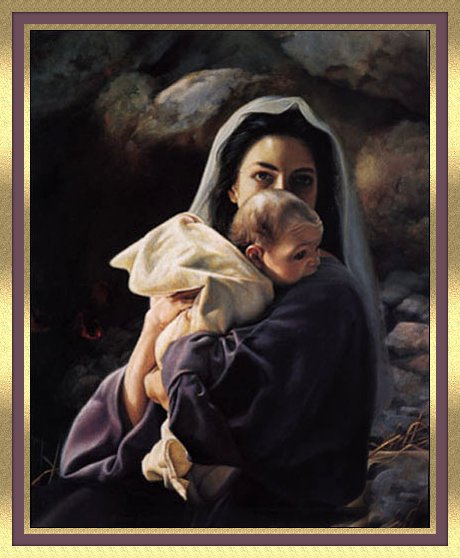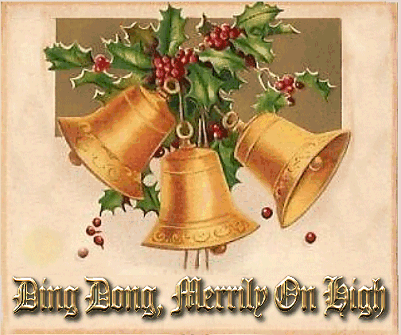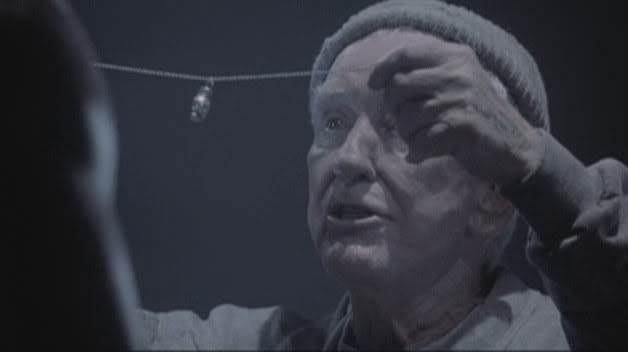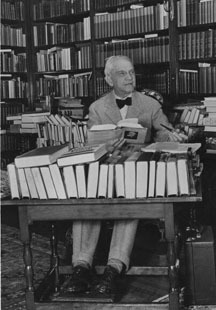I'm dreaming of a white Christmas
Just like the ones I used to know
Where the treetops glisten
and children listen
To hear sleigh bells in the snow.
Last night my husband, daughter and I were treated to a Christmas concert at my son's school, Hamilton District Christian High. For a small school, they have some big talent. A quarter of the student body was up on stage singing, harmonizing, playing and even dancing up a storm. We were treated to a classic rendition of I'm Dreaming of a White Christmas featuring an introductory solo by my son, Thomas. He did Bing Crosby proud!
Even though I watch the movie White Christmas every year, I didn't realize that the song has an introductory verse, one not performed in the film.
The sun is shining, the grass is green
The orange and palm trees sway.
There's never been such a day
In Beverly Hills, L.A.
But it's December the twenty-forth --
And I'm longing to be up North.
I decided to research the history of the song. According to the Guinness Book of World Records, I'm Dreaming of a White Christmas is the best selling single of all time, selling 100 million copies over the past several decades. Legend has it that, in 1940, composer Irving Berlin was staying at the La Quinta Hotel in California when he was inspired to write the song. That would explain the introduction which talks about Beverly Hills and L.A. Apparently, Berlin made it a habit of staying up late at night and composing tunes.
Bing Crosby's rendition of I'm Dreaming of a White Christmas was first recorded on NBC's radio show The Kraft Music Hall on Christmas Day in 1941. A second version was recorded by Decca Records in 1942, again with Bing Crosby. That was the year that Crosby sang the song in the film Holiday Inn. Surprisingly, though, it was Be Careful It's My Heart that overshadowed White Christmas at first. The song did resonate with listeners, however, and within a short time, it sat at #1 on the Billboard charts, returning to the position in 1945 and again in 1946.
Twelve years after Holiday Inn premiered, White Christmas made its debut on the silver screen, starring Bing Crosby, Danny Kaye, Rosemary Clooney and Vera Ellen. Thanks in large part to the Irving Berlin score, White Christmas, featuring the song I'm Dreaming of a White Christmas, became the highest grossing film of 1954. Just as the song had resonated with listeners, the movie resonated with the audience.
Since the original recording, the song has been recorded by over 500 singers. Some have included the introductory verse including Barbra Streisand, Karen Carpenter and Bette Midler. Many people still prefer Bing Crosby's version. Ironically, Crosby gives all the credit to Irving Berlin. "A jackdaw with a cleft palate could have sung it successfully," claimed the crooner.
Note: A play was written in the early 2000's which is being performed at the Dunfield Theatre in Cambridge, Ontario this month.
https://en.wikipedia.org/wiki/White_Christmas_(song)




